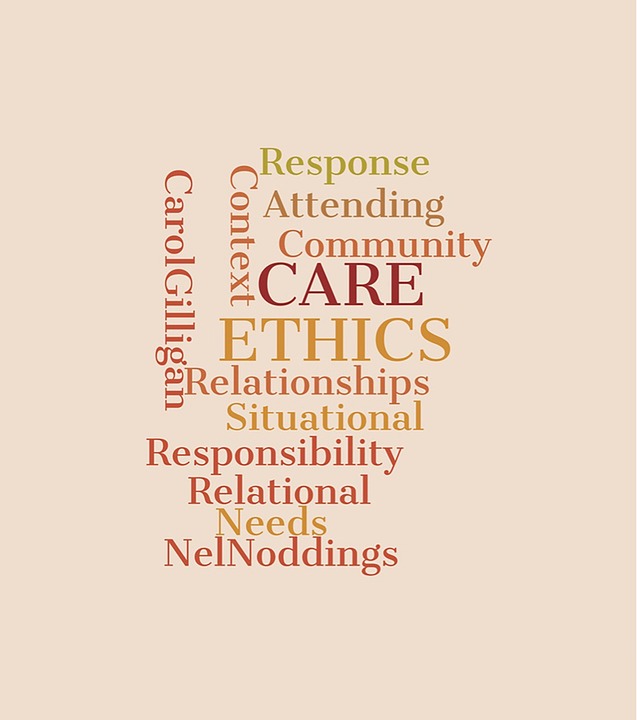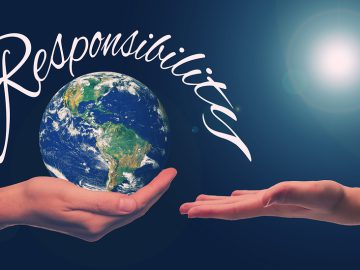The rapid rise of artificial intelligence has created a challenging gap between technological innovation and regulation, exposing vulnerable populations to unintended consequences. As AI’s influence grows, there is a critical need for experts who can navigate the intersections of technology, law, and human rights. Jake Okechukwu Effoduh stands out as a leading figure capable of bridging this gap, advocating for a balanced, ethical approach to AI that serves marginalised communities.
Effoduh’s work at Toronto Metropolitan University’s Lincoln Alexander School of Law extends beyond academia. As an assistant professor and a member of the Africa-Canada Artificial Intelligence and Data Innovation Consortium, he facilitates crucial dialogues that position Africa at the forefront of debates on AI-driven inequality and algorithmic bias. Unlike many Western perspectives that see Africa as a peripheral player, Effoduh’s approach emphasises the continent’s central role in shaping the future of technology. He critiques the tendency of global North countries to impose technological solutions without fully considering the socioeconomic contexts of the regions they aim to serve. By amplifying African voices, Effoduh challenges the perception that Africa is a passive consumer of AI rather than an active contributor.
His influence also extends to Canada’s technology community. As a recurring lecturer at the Mila-Quebec AI Institute’s Summer School on Responsible AI and Human Rights, Effoduh consistently challenges Canadian developers to recognise their global impact. He emphasises that the technologies developed in Canadian labs frequently reach African markets, particularly in francophone countries where Canada’s technology exports are significant. Effoduh advocates for developers to consider African contexts from the very beginning of the design process, not merely as an afterthought. He warns against the unintended consequences of algorithmic bias that can exacerbate existing inequalities and stresses the importance of inclusive data sets that reflect the diverse realities of global users.
Effoduh’s advocacy is not just theoretical. When Nigeria experienced a massive data breach in 2024 that compromised the personal information of over 100 million citizens, Effoduh applied his knowledge of Canadian cybersecurity standards to recommend urgent reforms to Nigeria’s data protection laws. His collaboration with UNESCO that same year to train African judicial officials on integrating AI for justice further demonstrated his commitment to building a responsible and inclusive technological landscape. These efforts are vital as many African countries grapple with outdated legal frameworks that are ill-equipped to address the complexities of AI technology.
This commitment to cross-continental learning and advocacy is evident in his mentorship roles with the African Legal Network and the Black Law Students’ Association of Canada. Effoduh is dedicated to empowering the next generation of African and Black Canadian legal professionals, using his experience as an immigrant to navigate both African and Canadian legal landscapes effectively. His advocacy extends to Toronto’s African immigrant community, promoting technology as a means for social integration and economic empowerment. Effoduh’s mentorship fosters a culture of innovation, encouraging his mentees to approach technology as a tool for problem-solving that respects human rights and cultural contexts.
Read also: The future of work in the age of artificial intelligence
Effoduh’s personal journey is a testament to his dedication. With degrees from the University of Abuja, the Nigerian Law School, and the University of Oxford, and ongoing doctoral studies at York University, he has consistently pursued knowledge to drive meaningful change. His recognition by institutions like Harvard, Carnegie Mellon, and the University of Cape Town as a fellow highlights his global influence. Despite his accomplishments, Effoduh remains grounded, often emphasising that his work is a collaborative effort that builds on the contributions of numerous scholars, activists, and community leaders dedicated to justice and equality.
In 2024, Preponderant recognised Effoduh as one of the Top 25 People Shaping Canada-Africa Relations, a testament to his role in reshaping discussions on responsible AI. Yet, Effoduh remains focused on systemic change, seeking to empower Black and African communities to shape their technological futures. He envisions a world where Africans are not merely recipients of technology but active participants shaping their narratives. His commitment to Afrofuturism—a movement that imagines a future shaped by African innovation—reflects his desire to see African communities drive their own technological advancement rather than being reliant on external solutions.
Effoduh’s dedication to addressing algorithmic discrimination and promoting equitable technology use reflects a deep belief in technology’s potential to transform lives positively when applied ethically. His relentless advocacy serves as a beacon for responsible AI development, emphasising collaboration, equity, and justice in every step. In every conversation, lecture, and publication, Effoduh seeks to challenge the status quo, pushing for a world where technology serves humanity rather than perpetuating systems of oppression.
Ultimately, Effoduh’s work is a call to action. It is a reminder that the future of AI and technology does not belong solely to those who create it but to all those whose lives it will inevitably touch. As AI continues to redefine societies, the responsibility to create fair, just, and inclusive technologies rests on the shoulders of policymakers, developers, and activists alike. Through his tireless efforts, Effoduh exemplifies the possibility of a world where technology empowers rather than marginalises, where justice prevails over bias, and where every individual, regardless of their background, has a voice in shaping the digital age.
Effoduh’s influence extends to both continents, serving as a bridge that facilitates mutual understanding and learning. His vision for inclusive technology is not confined to academic discussions; it is an actionable strategy aimed at reshaping policies, guiding developers, and mentoring future leaders. By leveraging his cross-continental experience, Effoduh continues to advocate for policies that ensure AI serves humanity ethically and equitably, fostering a digital landscape where no one is left behind.






